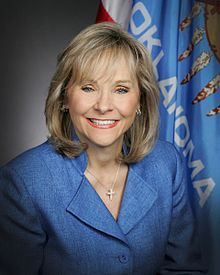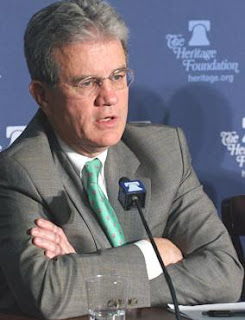by Dorothy Messenger
In October 1945, shortly after the end of World War II and
at the time the charter of the United Nations was being signed, I was a young
housewife in Denton , Texas
The UNA-USA mission, which draws me to want to help, is:
"We are dedicated to educating, inspiring and mobilizing Americans to support the principles and vital work of the United Nations, strengthening the United Nations system, promoting constructive United States leadership in that system and achieving the goals of the United Nations charter."
There are many things I like about being a member of our
chapter. I appreciate the fact that its
membership includes persons of many ethnic backgrounds and persons of different
religious faiths. The membership is
inter-generational and represents a variety of vocations and opinions. I’m grateful that the UNA-USA affords me an
opportunity to become better informed about the activities of the United
Nations and the whole world scene. It’s
good to be a part of an organization where all the members obviously share a
love of our nation and of the world and want to have a part in helping our
nation to live up to its highest ideals.
Being a member of the UNA-USA is extremely important to me because
it makes me feel I am part of a huge, centuries-old movement of humankind, a
movement of people who are convinced that there are better ways than war for
settling national disputes. Even as
long ago as 1795, according to an article I read about the League of Nations,
Immanuel Kant had proposed the idea of a league of nations to control conflict
and promote peace between nation states.
After the Napoleonic Wars in the 19th century, the Concert of
Europe was developed in an attempt to maintain the status quo between European
states and thus avoid war. All through
the years since those earlier days, there have been movements and organizations
whose purpose has been to avoid war and to discover ways that the nations of
the world can work together for the benefit of all. The road to a method of
avoiding war has been a long one, and I
feel that the United Nations is our current hope.
I’m reminded of a meditation by Oscar Romero, a priest in El
Salvador, who was shot and killed because of his work with, and protection of,
the poor in a time of brutality and political upheaval in his country. He reminds us that change is often not quick
and that unswerving commitment will be required. I’m quoting here a few lines from that
meditation:
It helps
now and then to step back and take a long view. . . .
This is
what we are about:
We plant
seeds that one day will grow.
We water
seeds already planted, knowing that they
hold
further promise.
We lay
foundations that will need further development.
We provide
yeast that produces effects beyond our
capabilities.
We cannot
do everything and there is a sense of
liberation
in that.
This
enables us to do something, and to do it very well.
It may be
incomplete, but it is a beginning, a step
along
the way. . . .
Being a member of UNA-USA helps me to feel that I am a part,
even though just a small part, of this huge movement of humankind toward a
peaceful, caring world community.























